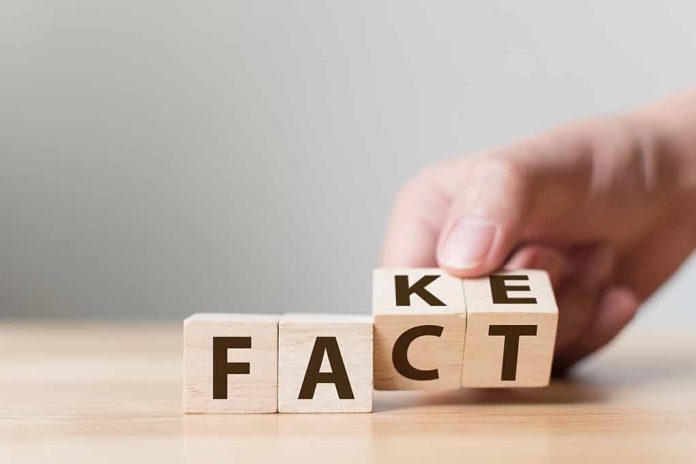
At a Glance
- Real-time fact-checking during live broadcasts is changing the dynamics of political debates
- Politicians face increased pressure to provide accurate information on the spot
- Fact-checking experts support live fact-checking for its high impact on public discourse
- The practice aims to prevent false beliefs from taking hold and make politicians more careful with their statements
- Challenges remain in balancing timely fact-checking with thorough verification
The Evolution of Fact-Checking in Political Discourse
The landscape of political debates and discussions has undergone a significant transformation in recent years. With the advent of real-time fact-checking during live broadcasts, politicians are facing unprecedented scrutiny of their statements. This shift has been particularly noticeable in the context of high-stakes political events, where every word is now subject to immediate verification.
The push for live fact-checking has gained momentum, especially in light of concerns about the spread of misinformation. Supporters argue that this practice can prevent false beliefs from taking root and encourage more careful and accurate statements from political figures. However, the implementation of real-time fact-checking is not without its challenges.
The Impact on Political Accountability
Real-time fact-checking has the potential to significantly enhance political accountability. By providing immediate corrections to inaccurate statements, it can help voters make more informed decisions. This approach has been particularly highlighted in recent presidential debates, where the accuracy of candidates’ claims has been a major focus.
“Fact-checking sounds attractive in the age of Trump,” he writes. But “Republicans aren’t going to cooperate with that, and any momentary advantage gained by weaponizing debate moderators would be lost in the next round.”
However, the effectiveness of fact-checking in changing public opinion remains a subject of debate. Some argue that partisan loyalties often outweigh factual corrections, while others maintain that consistent fact-checking can gradually influence public perceptions over time.
Challenges in Real-Time Fact-Checking
Despite its potential benefits, real-time fact-checking faces several hurdles. The speed required for live verification can sometimes conflict with the thoroughness needed for accurate fact-checking. Journalists and fact-checkers must balance the need for timely information with the responsibility to provide accurate and context-rich corrections.
Additionally, the politicization of fact-checking itself has become a concern. As fact-checking becomes more prominent, it has also become a target of criticism from various political factions, potentially undermining its credibility in the eyes of some voters.
The Future of Political Discourse
As real-time fact-checking continues to evolve, it is likely to play an increasingly important role in shaping political discourse. Politicians may need to adapt their communication strategies, focusing more on verifiable facts and less on rhetoric that can be easily challenged. Voters, in turn, may become more discerning consumers of political information, equipped with tools to verify claims in real-time.
While challenges remain, the trend towards more accountable and fact-based political discourse is a positive development for democratic processes. As technology and journalistic practices continue to advance, we can expect real-time fact-checking to become an integral part of political debates and discussions, potentially leading to a more informed and engaged electorate.
Sources
The importance of fact-checking the debate in real time, according to an expert
Trump made more than 30 false claims during CNN’s presidential debate — far more than Biden
Fact-checking the claims Biden and Trump made during the debate
Is fact-checking effective? A critical review of what works – and what doesn’t













